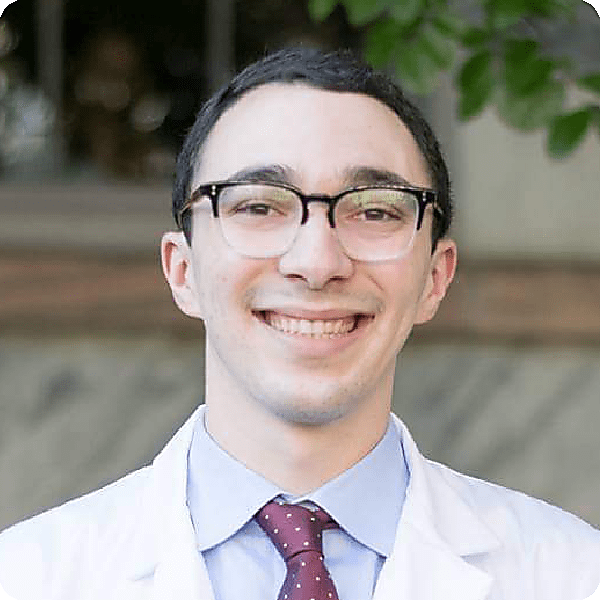Announcing the winners of the Multiomics Challenge: Reveal the full spectrum of biological complexity
Multiomics enables researchers to uncover deeper biological insights and obtain a more complete picture of complex biology. With multi-assay experiments, scientists can combine technologies to examine biology from many angles, ranging from gene expression to epigenetics and spatial profiling. This opens up new and previously inaccessible opportunities for future study in disciplines such as oncology, immunology, and neuroscience.
To support scientists taking a multipronged approach, in May, we launched the Multiomics Challenge in collaboration with Illumina, giving researchers in the United States the chance to win a complete multi-assay experiment, including reagents, sequencing, and service, performed by 10x Genomics Certified Service Provider Stanford Genomics. We asked researchers from across the United States to submit their proposals for an experiment using a combination of any two 10x Genomics technologies, and the response was amazing.
It was a tough choice, but we finally narrowed it down to two researchers whose ideas promise powerful insights into multiple sclerosis and medulloblastoma, respectively. Meet the winners:
Myeloid cell heterogeneity in the progression of multiple sclerosis

Multiple sclerosis (MS) is an inflammatory, demyelinating, and neurodegenerative disease. Studies have shown that neuroaxonal loss is an important driver of disease progression, which makes identifying and targeting novel pathogenic mechanisms of neuroaxonal loss to halt disease progression a pressing need.
Building upon robust preliminary data, Mr. Waldman will take advantage of a unique collection of fresh-frozen spinal cord material and conduct multiome profiling of parenchymal myeloid cells using Chromium Single Cell Multiome ATAC + Gene Expression. By employing an innovative multiomics approach on well-characterized MS spinal cord samples, Mr. Waldman aims to identify novel pathways and druggable targets with clinical relevance to MS progression. This work could potentially have an enormous impact on reducing the overall healthcare, economic, and social burden of this devastating disease.
A genomics approach to understanding tumor recurrence in medulloblastoma

Medulloblastoma (MB) is the most prevalent malignant brain tumor in children. One type of medulloblastoma, group 3 tumors, are more prone to recur, but there are limited strategies to address relapse.
In order to understand the molecular mechanisms of tumor resistance and identify tumor populations that are most resistant to therapeutic intervention, Dr. Veo will examine MB radiation-resistant cell lines and radiation-exposed, patient-derived xenograft tumors with Chromium Single Cell Multiome ATAC + Gene Expression. Additionally, she will evaluate primary and relapsed patient tumor FFPE tissue using Visium Spatial Gene Expression with immunofluorescence. She hopes to gain insight into the spatial organization and gene expression of the recurrent cell clusters and, importantly, the surrounding tumor microenvironment in patient tumor samples.
Once again, congratulations to Alex Waldman and Bethany Veo, the winners of the 10x Genomics Multiomics Challenge!
